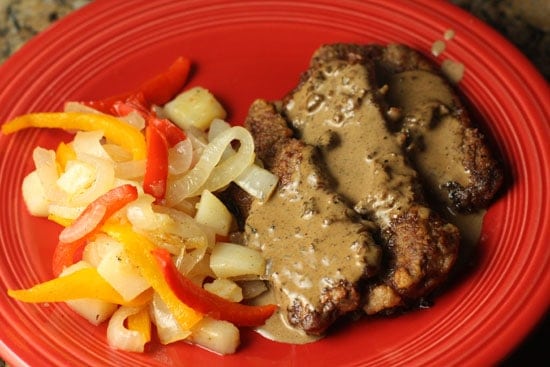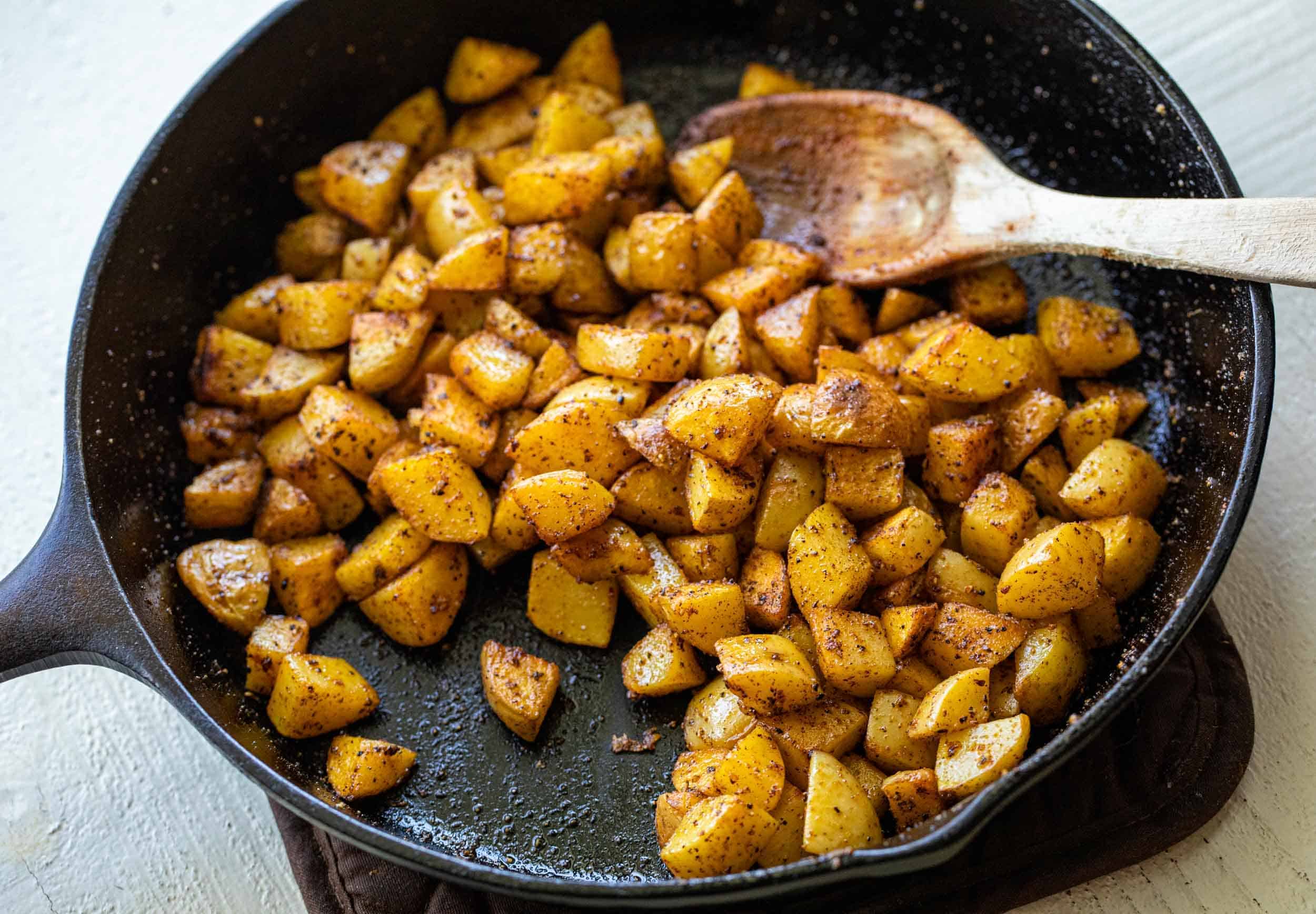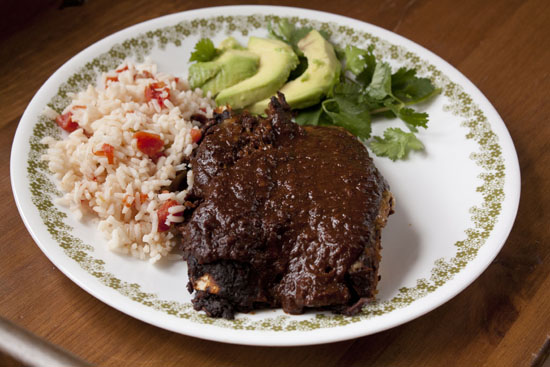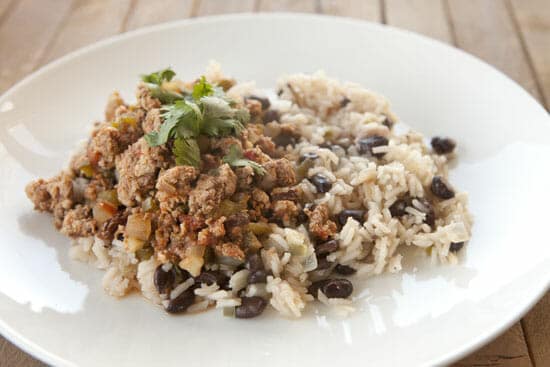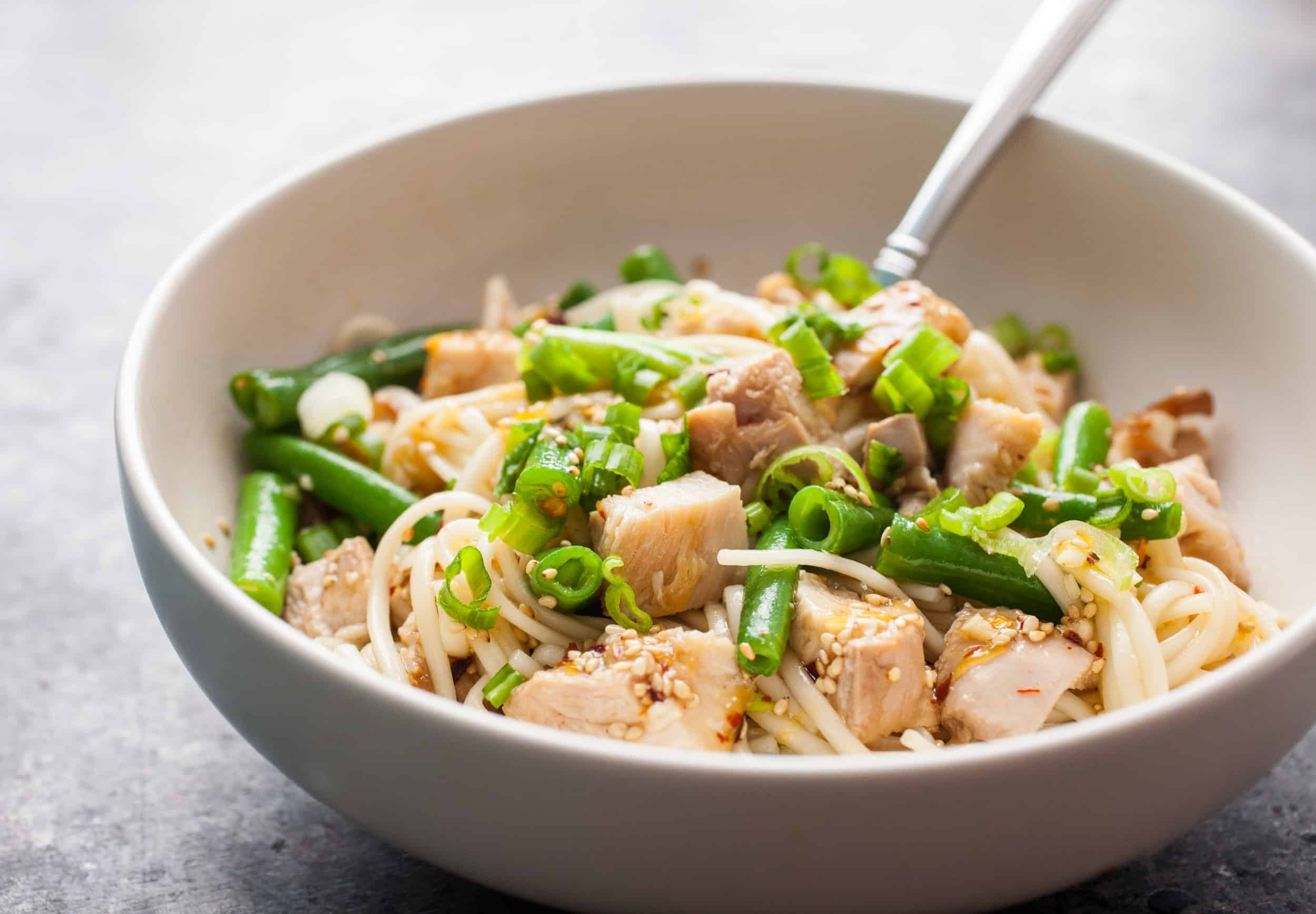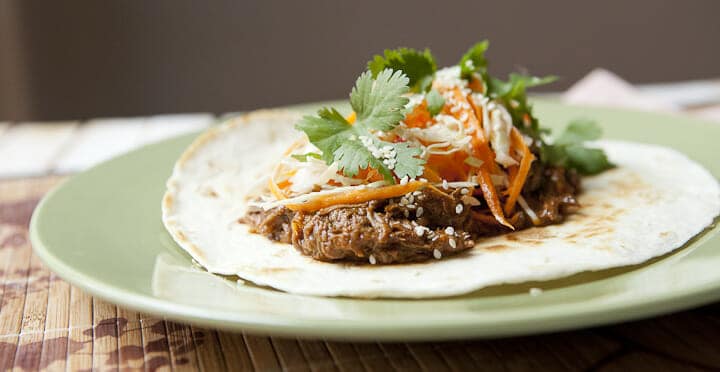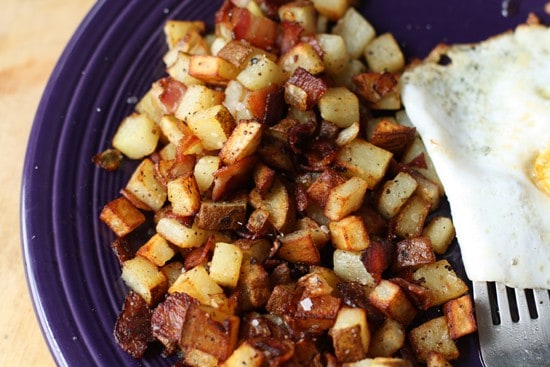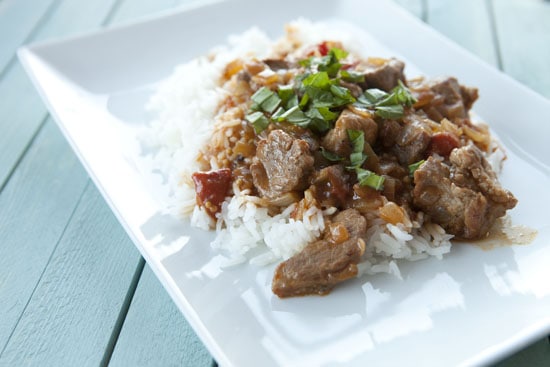Vegetable Oil: Important Facts, Health Benefits, and Recipes
Vegetable oil is a category of commonly used cooking oils derived from various plant sources and preferred for the high smoke point, versatility, and mild flavor.
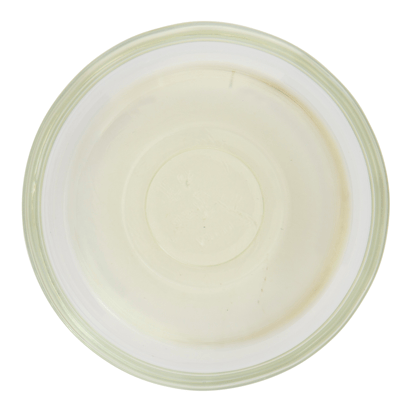
Best Vegetable Oil Recipes
-

-
:max_bytes(150000):strip_icc()/__opt__aboutcom__coeus__resources__content_migration__serious_eats__seriouseats.com__recipes__images__20100416oliveoilgelato-e178b19e003c4470a710b3457638a935.jpg)
-
:max_bytes(150000):strip_icc()/korean-chicken-wings-4777759-10-e57cef8ba89b4beda8553da48a7e6f75.jpg)
-

-
:max_bytes(150000):strip_icc()/__opt__aboutcom__coeus__resources__content_migration__serious_eats__seriouseats.com__recipes__images__2012__03__20120315-196965-achiote-oil-455bba256612476aacb6d9a7c598da86.jpg)
-

-

-

-
![Fried Noodles Image]()
-
![Mexican Peanuts Image]()
-
![Yuca Fries (Cassava Fries) Image]()
-
![Bok Choy and Kale Fried Rice With Fried Garlic Recipe Image]()
-
![Killer Garlic Fries with Rosemary Image]()
-
![Homemade Churros Image]()
-
![Mushroom Meatloaf Image]()
-
![Liver and Onions Image]()
-
![Stir-Fried Broccoli Image]()
-
![Homemade Tortilla Chips Image]()
-
![Tempeh Spring Rolls Image]()
-
![Pork Tinga Tostadas Image]()
-
![Cheeseburger Steam Buns Image]()
-
![Homemade Home Fries Image]()
-
![Traditional Mole Sauce Image]()
-
![Bean and Cheese Pupusas Image]()
-
![Cuban Picadillo Image]()
-
![Chocolate Chip Monkey Bread Image]()
-
![Asian Chicken Noodle Salad Image]()
-
![Slow Cooker Korean BBQ Tacos Image]()
-
![Easy Ramelette Image]()
-
![Homemade Taquitos Image]()
-
![Crispy Tempeh Tacos Image]()
-
![Bite-Sized Blooming Onions Image]()
-
![Vegetarian Green Chile Enchiladas Image]()
-
![Funnel Cake Image]()
-
![Homemade Spicy Chips Image]()
-
![Charred Shishito Peppers Image]()
-
![Bacon Hash Image]()
-
![Fried Green Beans Image]()
-
![Slow-Cooker Chicken Provencal Image]()
-
![Spinach Artichoke Cups Image]()
-
![Baked Fried Chicken Image]()
-
![30 Minute Donut Holes Image]()
-
![Pepper Chicken Enchiladas Image]()
-
![Mango Habanero Simmer Sauce Image]()
-
![Cheesy Buffalo Chicken Dip Image]()
-
![Kaiser Rolls Image]()
-
![Pork Vindaloo Image]()
-
![Peri Peri Chicken Image]()


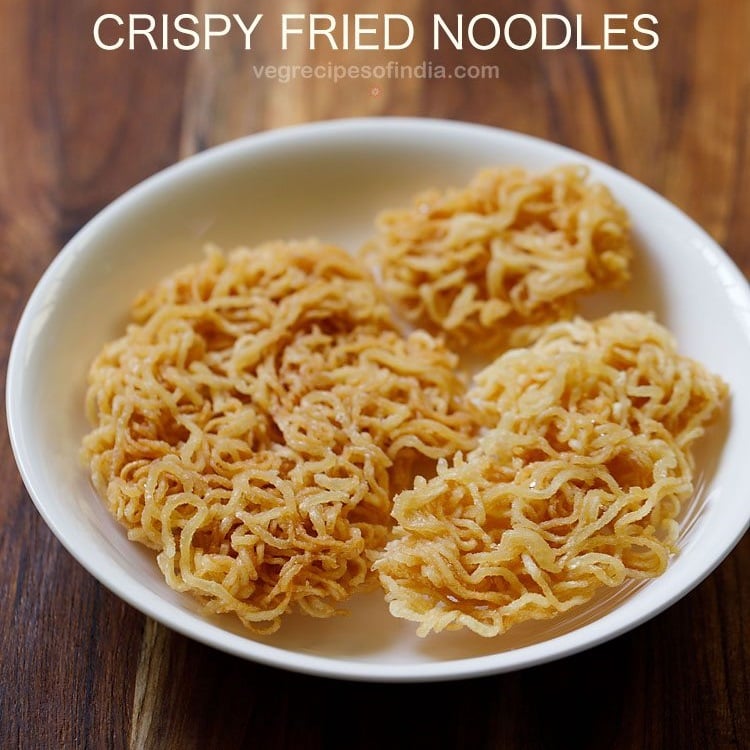
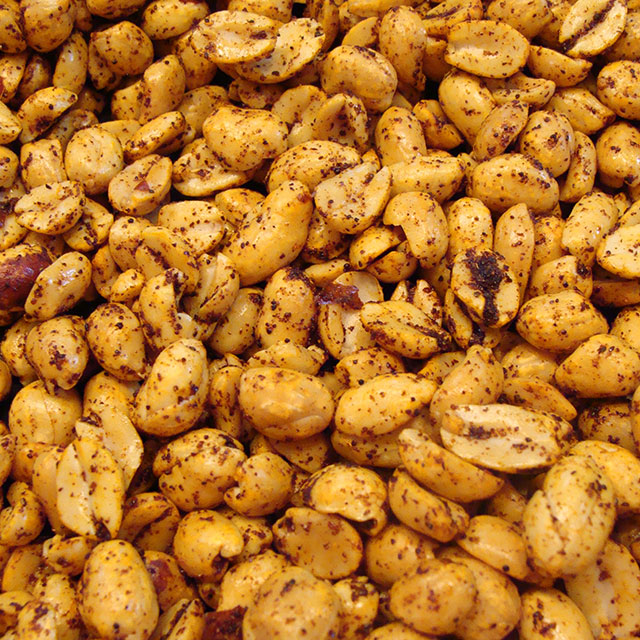

:max_bytes(150000):strip_icc()/__opt__aboutcom__coeus__resources__content_migration__serious_eats__seriouseats.com__recipes__images__2014__03__20140228-bok-choy-and-kale-fried-rice-with-fried-garlic-11-8fab99ef186d44cb8892952123384a73.jpg)



